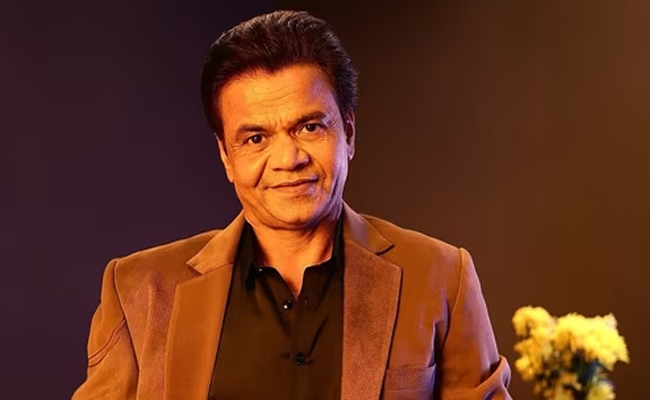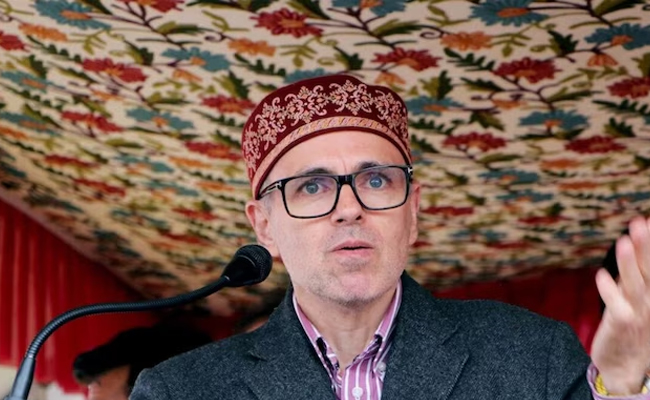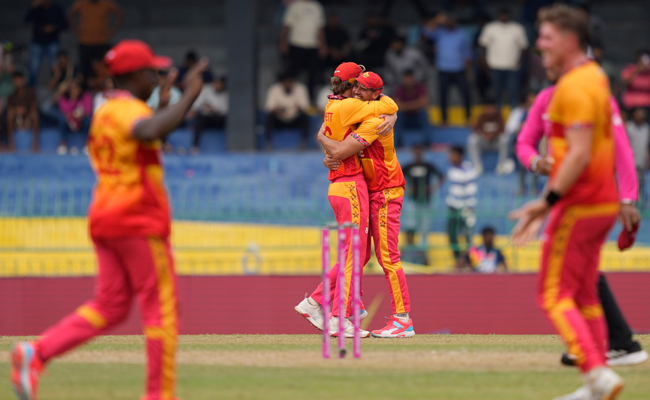Bengaluru: Ashutosh K. Singh has taken over as Divisional Railway Manager of South Western Railway's Bengaluru Division. An officer of the 1995 batch of Indian Railway Service of Electrical Engineers, he has nearly three decades of service in the railways, particularly in electrical and high-speed infrastructure.
Singh has been the Uttar Pradesh Metro Rail Corporation's chief electrical engineer prior to this. Having worked as a contributing developer and safety certification of metro projects in Chennai, Kochi, Bengaluru, Delhi, and Uttar Pradesh, he has had important roles within various railway divisions and zonal headquarters.
Singh has also been involved in a number of energy optimisation projects for the Indian Railways and holds certification as an energy auditor from the Bureau of Energy Efficiency.
Let the Truth be known. If you read VB and like VB, please be a VB Supporter and Help us deliver the Truth to one and all.
New Delhi (PTI): Actor Rajpal Yadav walked out of Tihar Jail on Tuesday evening after the Delhi High Court permitted his temporary release from jail in cheque bounce cases.
After all formalities were completed, Rajpal Yadav walked out of Tihar jail around 4.50 pm, a source said. He was granted relief after submitting Rs 1.5 crore to the complainant.
Speaking to reporters outside the jail, Yadav said he has received unwavering support from across the country.
“In 2027, I will have completed 30 years of working in Bollywood. Everyone has been with me. That is why I could do 200-250 films,” Yadav said.
The actor said he has always complied with the directions of the high court and would continue to do so, adding that he was available whenever required.
"The love and backing of people from across the nation remain with him, and that if there are any allegations, he is ready to respond fully and transparently," Yadav said.
“If anyone wanted legal details, they could speak to my advocate,” he added.
Justice Swarana Kanta Sharma granted interim suspension of the six-month sentence after noting that Yadav had deposited Rs 1.5 crore to the complainant, M/s Murali Projects Pvt Ltd.
"We are granting you an interim suspension of sentence... It is till the next date of hearing," the court said, while directing Yadav to surrender his passport and not leave the country without prior permission. The court also ordered him to remain present, either physically or virtually, on the next date of hearing on March 18.
Yadav had sought suspension of his sentence citing a marriage in his family on February 19.
Delhi: Actor Rajpal Yadav has been released from Tihar Jail pic.twitter.com/4iz1Jdbsi9
— IANS (@ians_india) February 17, 2026





